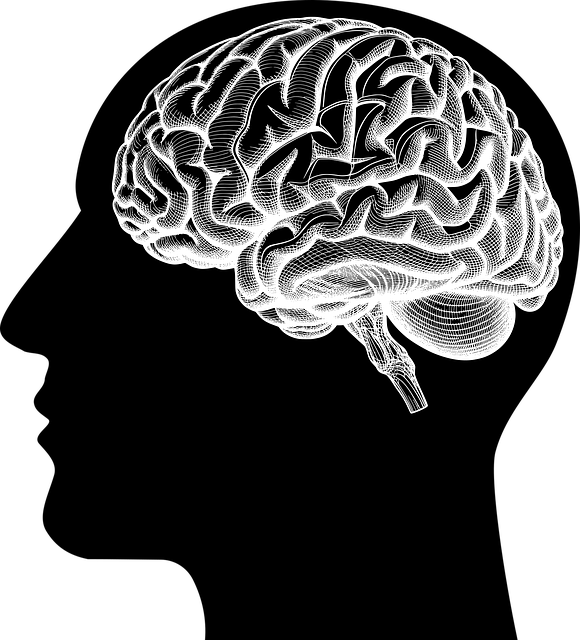Englewood Divorce Therapy focuses on social skills training as a powerful tool for addressing mental health challenges post-divorce. They offer specialized programs integrating structured lessons, real-life practice, and mindfulness meditation to help individuals build confidence in social situations, manage moods, and reduce anxiety. Through their innovative approach, they aim to reduce stigma, foster belonging, and improve self-care practices, ultimately transforming lives and promoting positive mental health outcomes.
Social skills training is a powerful tool for managing mental health conditions, offering a holistic approach to improving individuals’ overall well-being. This article explores the intricate connection between social interactions and mental health, delving into specific challenges faced by those with conditions like anxiety or depression. We present effective strategies for social skills development and highlight successful case studies from Englewood Divorce Therapy, showcasing the transformative power of tailored interventions.
- Understanding the Link Between Social Skills and Mental Health
- Identifying Challenges in Social Interactions for Individuals with Mental Health Conditions
- Strategies for Effective Social Skills Training
- Case Studies: Success Stories from Englewood Divorce Therapy
Understanding the Link Between Social Skills and Mental Health

Social skills training plays a pivotal role in addressing mental health conditions, especially for individuals navigating challenging situations like divorce. Englewood Divorce Therapy recognizes that effective communication and social interaction are integral to one’s overall well-being. Mental health issues often stem from or exacerbate social isolation and difficulties in connecting with others, making social skills development a crucial component of therapy.
By focusing on building social competencies, therapies aim to empower individuals to manage their moods more effectively, engage in healthy self-care practices, and find anxiety relief. These skills enable clients to navigate interpersonal relationships with confidence, fostering a sense of belonging and reducing the impact of loneliness. Such interventions are transformative, helping individuals rebuild their lives post-divorce and cultivate supportive social networks that contribute to improved mental health outcomes.
Identifying Challenges in Social Interactions for Individuals with Mental Health Conditions

Individuals with mental health conditions often face unique challenges when it comes to social interactions. These challenges can stem from a variety of factors, including symptoms of their illness, side effects of medication, and past experiences that have shaped their understanding of social situations. For instance, someone struggling with anxiety may find it difficult to initiate conversations or maintain eye contact, while a person dealing with depression might withdraw socially or struggle to express their needs. At Englewood Divorce Therapy, we recognize these hurdles and tailor our approach to address them.
The impact of these challenges can be profound, leading to feelings of isolation, reduced quality of life, and even exacerbation of mental health symptoms. This is where Healthcare Provider Cultural Competency Training plays a crucial role in bridging the gap. By equipping healthcare providers with Compassion Cultivation Practices, we foster an environment that promotes understanding and reduces the stigma associated with mental illness. Through ongoing Mental Illness Stigma Reduction Efforts, we work towards creating a more inclusive society where individuals can openly discuss their struggles and seek support without fear of judgment.
Strategies for Effective Social Skills Training

Social Skills Training is a powerful tool for individuals navigating mental health conditions. Effective strategies often involve a combination of structured lessons and real-life practice scenarios tailored to each person’s unique needs. At Englewood Divorce Therapy, our specialized programs focus on building social competencies while promoting mental wellness. This approach, integrated with techniques like Mental Wellness Coaching Programs Development and Mindfulness Meditation, enables individuals to gain confidence in social interactions.
Through role-playing exercises and group discussions, participants learn to interpret social cues, engage in meaningful conversations, and assert their needs respectfully. These skills are crucial for maintaining healthy relationships and navigating social environments with ease. By fostering a sense of belonging and encouraging active participation, our training sessions aim to boost self-esteem and create lasting positive changes.
Case Studies: Success Stories from Englewood Divorce Therapy

Englewood Divorce Therapy has been at the forefront of innovative mental health support, offering specialized social skills training that has transformed lives. Through a series of case studies, their success stories highlight the power of tailored interventions. Many clients have found solace and improved coping mechanisms, especially in managing symptoms associated with mental illness stigma reduction efforts. By engaging in interactive sessions, participants develop essential life skills, fostering better relationships and enhancing overall well-being.
The therapy’s approach focuses on positive thinking as a cornerstone of their programs. Stress management workshops, organized by the organization, have proven effective in empowering individuals to confront challenges head-on. These success stories serve as a testament to the organization’s commitment to making mental health care accessible and transformative, offering hope and practical tools for those navigating the complexities of mental illness.
Social skills training is a powerful tool for individuals navigating mental health conditions, offering a path to improved well-being and enhanced quality of life. As evidenced by the success stories at Englewood Divorce Therapy, these programs can foster meaningful connections and provide much-needed support. By integrating evidence-based strategies, professionals can help clients navigate social challenges, build confidence, and ultimately improve their overall mental health outcomes. This tailored approach is a game-changer in the realm of mental healthcare, offering hope and resilience to those seeking to strengthen their social skills and reclaim control over their lives.












